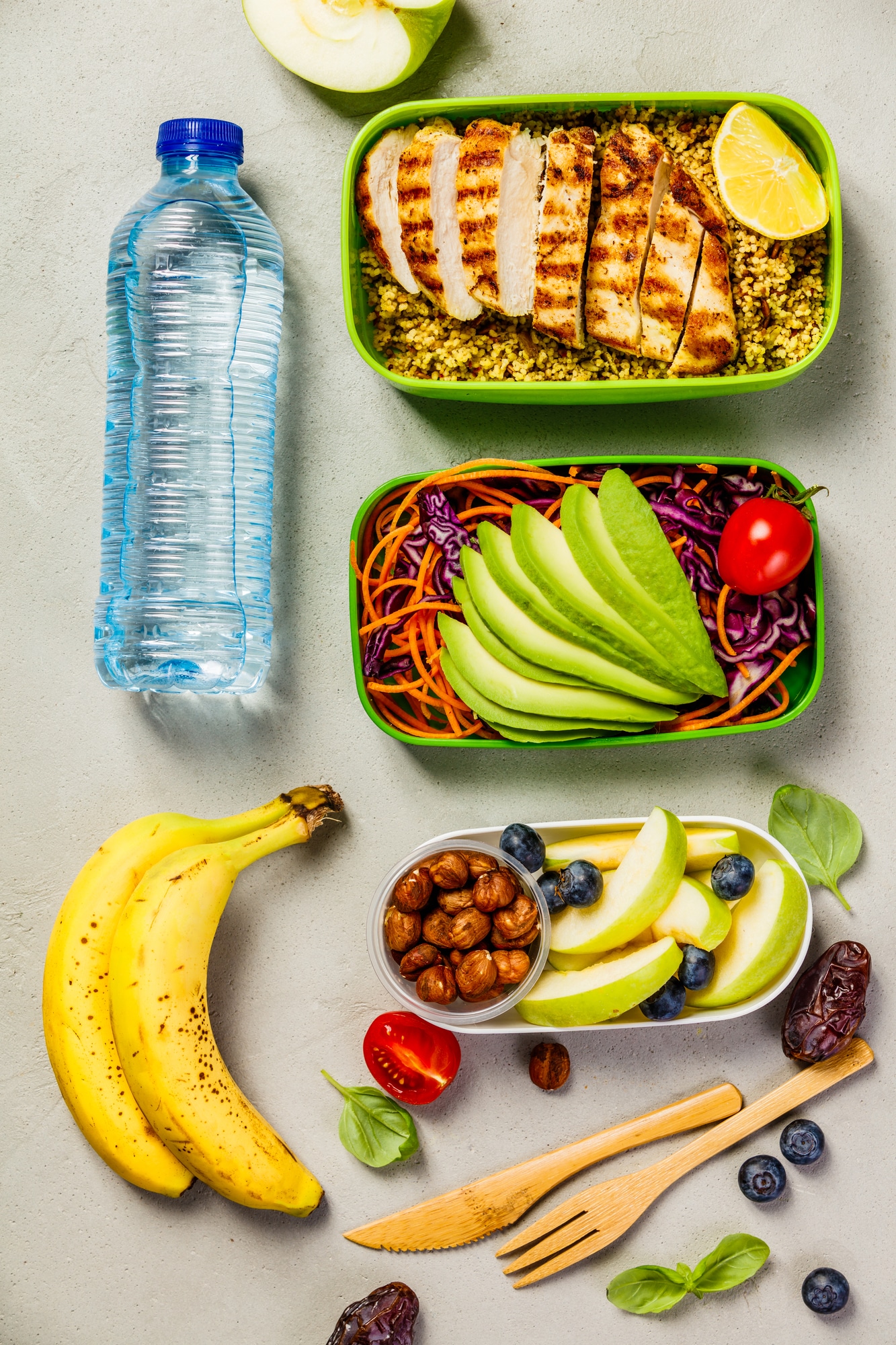When you’re depressed, taking care of yourself, especially eating healthy, is probably the last thing you want to do. However, adjusting your diet may be easier than you think and serve as a practical first step to feeling better.

The following guide explains how tweaking what you eat can lay the groundwork for overcoming depression.
Food and Mood Are Linked
The link between food and mood goes way beyond the emotional comfort eating chocolate or ice cream provides. Research continues unveiling tangible ways specific nutrients influence brain health and function on a cellular level, for better and worse.
Key nutrients like omega-3s, B vitamins, iron, selenium, and tryptophan directly impact the production of “feel good” neurotransmitters like serotonin and dopamine. A deficiency in any of them can worsen symptoms of anxiety and depression. On the flip side, ensuring you get enough of these nutrients supports a balanced, positive mood. This explains why a depression treatment program will make healthy eating a priority.
Sugar and Gluten Can Worsen Depression
Beyond nutritional shortfalls, certain foods actively worsen depression symptoms. The biggest culprits are sugar and refined carbohydrates, as well as gluten. Chronic inflammation triggered by carbs and gluten introduces oxidative stress that generates free radicals impairing neuron function. This can hamper the production of key neurotransmitters targeted by antidepressants.
Cutting out inflammatory foods reduces oxidative stress and lets neuron function normalize. For many people, inflammation is an obstacle that medicines alone can’t overcome, but diet tweaks help address the root issue.
Start With Baby Steps
Changing your diet can be an effective yet gentle way to help improve your mood and cope with depression. Start small by picking one meal, like breakfast, to focus on first. Try adding one nutrient-dense food every day, like avocado on your toast or spinach in your smoothie.
Once you have a healthy breakfast habit, move on to lunches. Swap out refined carbs for whole grains whenever possible, choosing brown rice over white rice or whole wheat pasta instead of regular. Stay hydrated by sipping water throughout the day and limit caffeine, which can worsen anxiety. Treat yourself occasionally with a small piece of dark chocolate for an instant mood booster.
As your palate adjusts, continue experimenting with new antioxidant-rich foods while cutting back on sugary and processed items. Be patient with yourself and celebrate all progress, no matter how minor. Enlisting friends or family to join you in preparing clean, nutritious meals can also help ease the transition.
Track How Specific Foods Make You Feel
Pinpoint which foods lift you or bring you down by keeping a daily food and mood journal. Write down everything you eat plus quantities and be honest recording your emotional state throughout the day.
Patterns will emerge revealing which dietary pieces drag you down physically and emotionally. This insight guides you in replacing negative items with optimal alternatives that energize and sustain positive momentum.
Integrate Diet With Other Treatments
While nutrition shouldn’t replace medical care, optimizing diet bolsters other depression treatments. Various studies confirm eating well improves the effectiveness of both therapy and medications.
Work closely with your doctor to ensure dietary changes don’t interfere with prescribed medicines. Track progress together with adjusting meds or dosing as your condition improves thanks to better nutrition habits.
Depression treatment takes patience through trial and error. However, the simple act of monitoring food’s impact provides tangible places to channel your energy. Build on small wins by adjusting eating patterns and making sustainable shifts that help you feel more empowered tackling depression.
